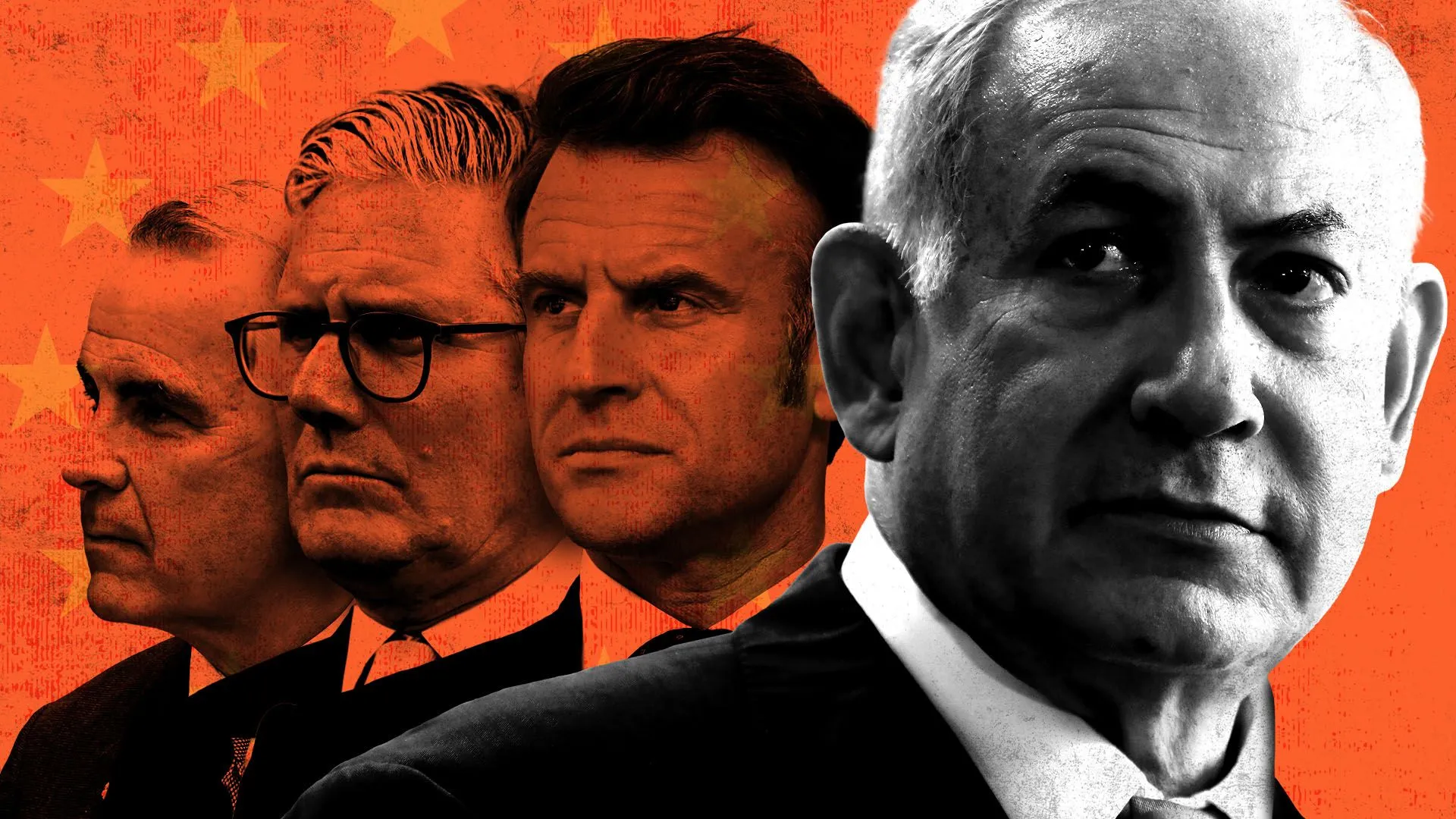As international condemnation of Israel’s military operations in Gaza intensifies, growing calls for an arms embargo have prompted scrutiny of the countries supplying weapons to the Israeli military. Despite the mounting civilian death toll in Gaza, several nations continue to provide Israel with advanced weaponry, citing longstanding security partnerships.
The United States remains Israel’s most significant arms supplier, with nearly $4 billion in annual military aid. This includes F-35 fighter jets, guided missiles, bombs, and other advanced technology. Washington has also been a key supporter in the development of missile defense systems such as the Iron Dome and the more recent Iron Beam laser system.
Germany is another major supplier, delivering submarines and components for various weapons systems. German Chancellor Olaf Scholz’s government has faced increasing domestic pressure to halt arms shipments, especially after the recent escalation of violence in Gaza. Despite this, the government maintains that arms exports to Israel comply with Germany’s commitment to its historic responsibility and Israel’s right to self-defense.
Other European countries, including Italy and the United Kingdom, have also exported military equipment to Israel. In recent weeks, protests in multiple European capitals have called on these governments to suspend arms deals. Critics argue that these transfers could make them complicit in violations of international humanitarian law.
The Netherlands, which supplied parts used in Israeli fighter jets, has seen court cases and parliamentary debates over the legality and morality of continuing arms exports. In January 2024, a Dutch court ruled that the government must suspend shipments of F-35 components to Israel, citing humanitarian concerns.
On the flip side, Israeli officials argue that their country faces unprecedented security threats from armed groups like Hamas and Hezbollah. They insist that arms imports are vital for maintaining national defense and that the military targets are aimed at weakening militant capabilities, not civilians.
The international debate over weapons supplies to Israel highlights a broader geopolitical divide. While Western allies emphasize Israel’s right to defend itself, human rights organizations and some UN officials have condemned the scale of the response and its impact on Palestinian civilians.
UN Secretary-General António Guterres and several UN special rapporteurs have urged an immediate halt to arms transfers to Israel. They argue that continuing arms shipments risks violating the Arms Trade Treaty, which prohibits the export of weapons when there is a clear risk they could be used in serious breaches of international law.
The situation remains fluid, as Western governments weigh the political, strategic, and moral implications of their arms trade relationships with Israel. With civilian casualties in Gaza rising and diplomatic tensions mounting, the spotlight on weapons suppliers is unlikely to fade any time soon.
Source; DW



